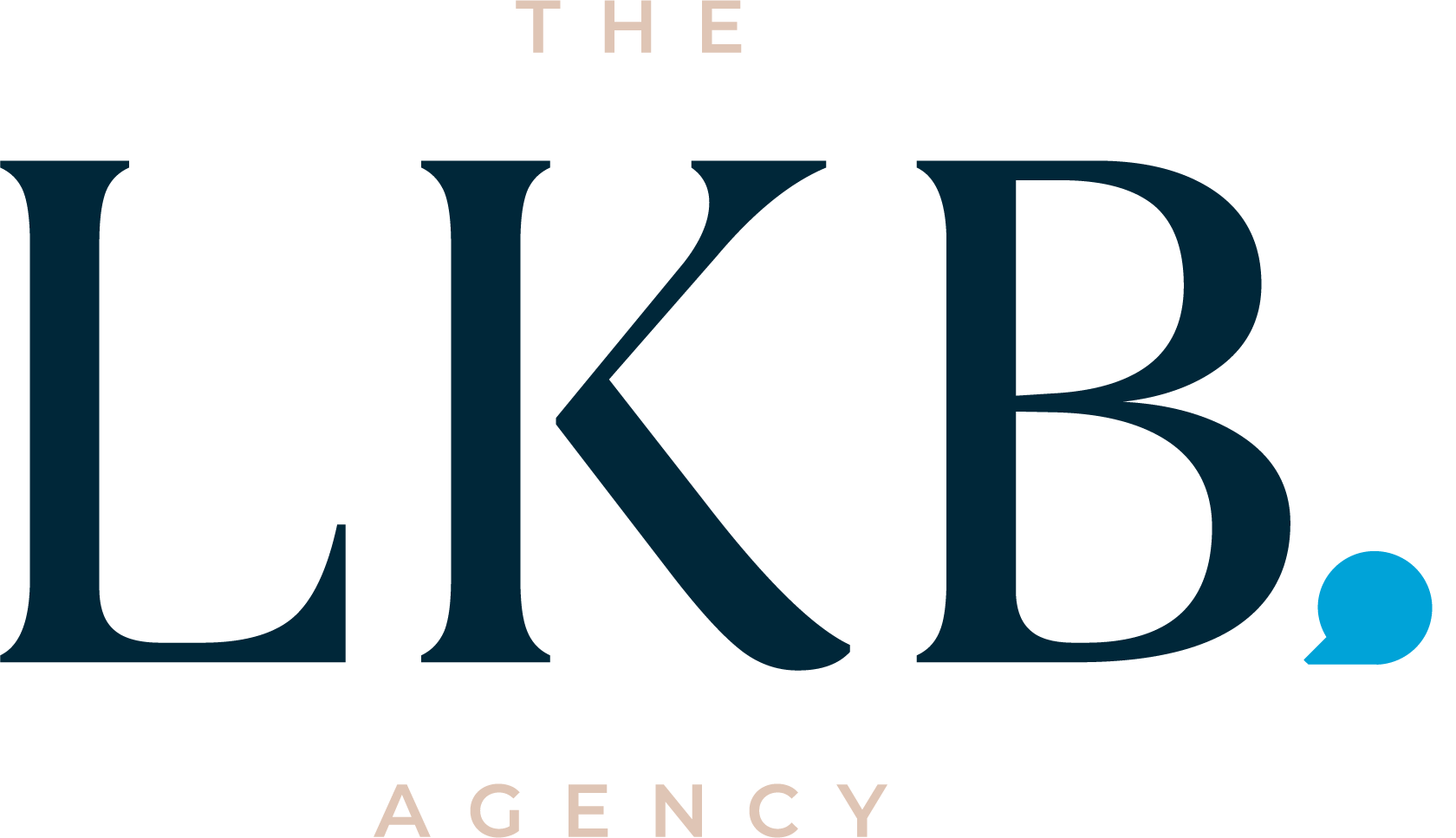The Changing Oceans Conversation: Partnering to protect our oceans in a rapidly changing climate
STAKEHOLDER ENGAGEMENT STRATEGY | B2B ENGAGEMENT | COMMUNITY ENGAGEMENT | GOVERNMENT EVENTS
Activating partnerships between Government and industry to drive marine-related climate change actions and initiatives.
CLIENT
Environment and Heritage Group
Challenge
The LKB Agency was approached by the Environment and Heritage Group in 2022 to deliver a series of four Ministerial Partnership events on various initiatives taking place across the environmental sector.
LKB was briefed to deliver the ‘The Changing Oceans Conversation’ forum hosted by the Biodiversity Conservation Division within the Environment and Heritage Group, Department of Planning and Environment. The forum aimed to share marine-related climate change research and activate partnerships between government, volunteer, business and research stakeholders.
One of the main challenges of the event was to facilitate conversations between the attendees to activate partnerships. The LKB Agency provided advice on the structure of the event so that participants could have effective and productive conversations through a Q&A session with the Minister and key industry representatives, as well as an interactive and collaborative workshop.
Strategy
The LKB Agency designed and delivered an in-person full day forum at the Opera House that successfully brought together leaders in climate change and ocean ecology.
LKB facilitated a successful event, where guests heard insights from the Minister for Environment and Heritage, the Hon James Griffin, participated in a panel discussion with the following industry experts:
-
- Professor Gretta Pecl, Director, Centre for Marine Socioecology
- Robert Cooley, Senior Gamay Ranger, La Perouse Local Aboriginal Land Council
- Dr John Turnball, Research Associate, University of Sydney
- Dr Beth Fulton, Senior Principal Research Scientist, CSIRO
Prominent themes discussed by keynotes included the IPCC Assessment Report 6, detailing climate trends and impacts from extreme events, major changes in species distribution, marine climate change in Eastern Australia, the Marine Estate Management Strategy and related Government policies (DPI Climate Change Research Strategy and NSW Net Zero Plan) and the Modelling toolbox in support of sustainable management of marine ecosystems.
LKB designed an interactive workshop session, where guests had an opportunity to collaborate and discuss marine-related climate change initiatives and possible solutions between the Department and industry as well as build on existing knowledge.
LKB worked closely with the facilitator, Linton Chalmers to create an event format that engaged stakeholders in four distinct components. This included an opening ‘Big Picture’ session in which relevant keynote speakers presented their ideas to the audience to anchor the session in a broader context. The incorporated panel discussion set out methods to bridge the research-action nexus for climate change adaption planning.
This was followed by workshop one based around practical focus areas. A group poll was taken to determine the importance of alignment within the sector and how well this is currently being achieved to create a case for action. Workshop two comprised of a structured discussion in randomised table groups based on three core areas; facts, ideas and action. A playback of responses provided a short list of actions to be prioritised amongst stakeholders.
The forum concluded with a ‘Commitments and next steps’ session that summarised the outcomes from conversations had, involving both personal and collective action planning.
This workshop-style approach allowed us to record all discussions had on the day facilitating the establishment of commitments to create action groups to tackle specific areas of concern and to share knowledge more freely between research and action.
Results
The forum successfully activated partnerships, paving the way for an inclusive, cross-sector network.
62 attendees
77.5% attendance rate
16 pre-event survey responses
End-to-end event delivery, management and logistics



